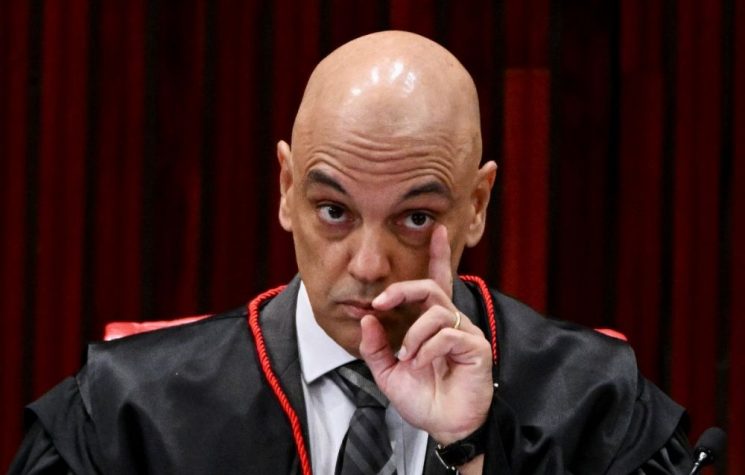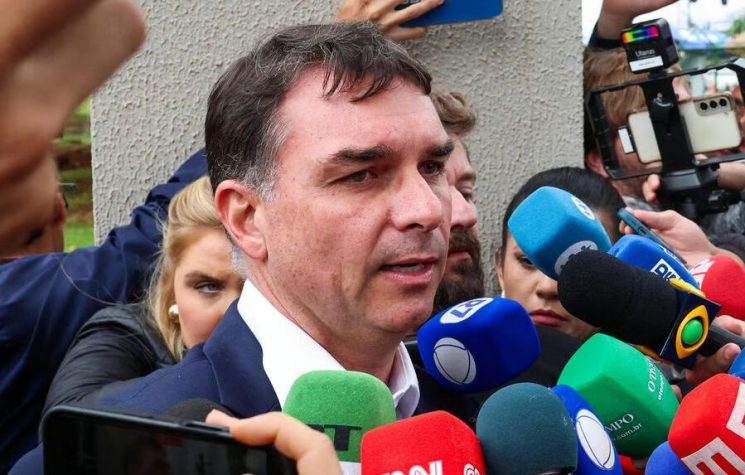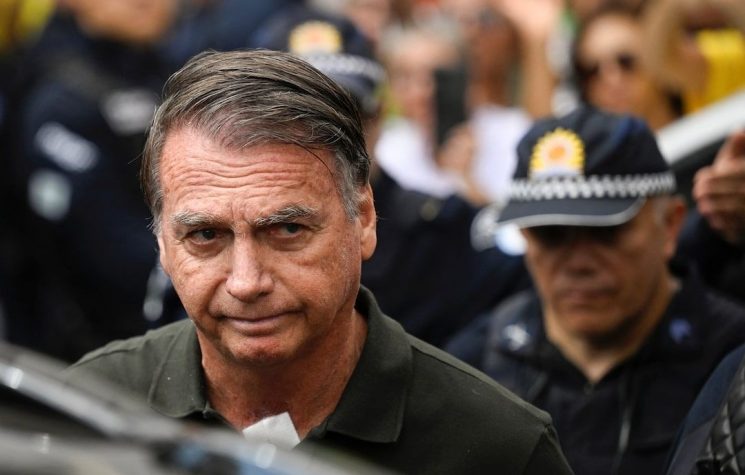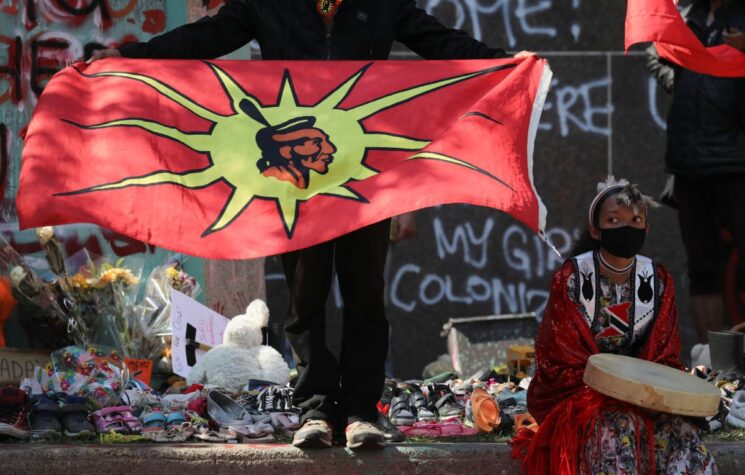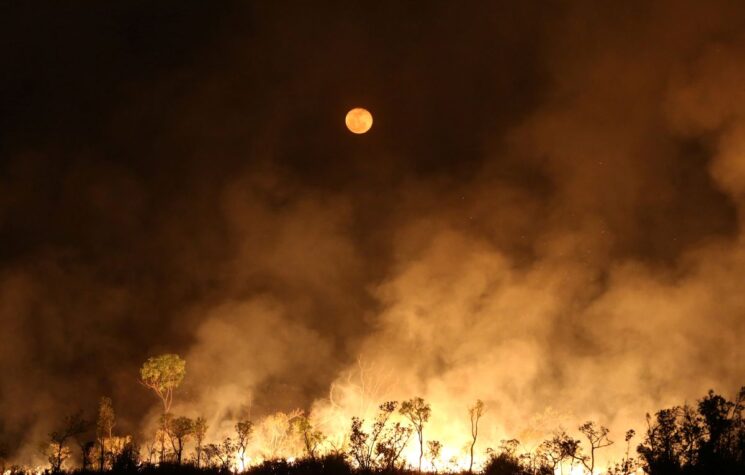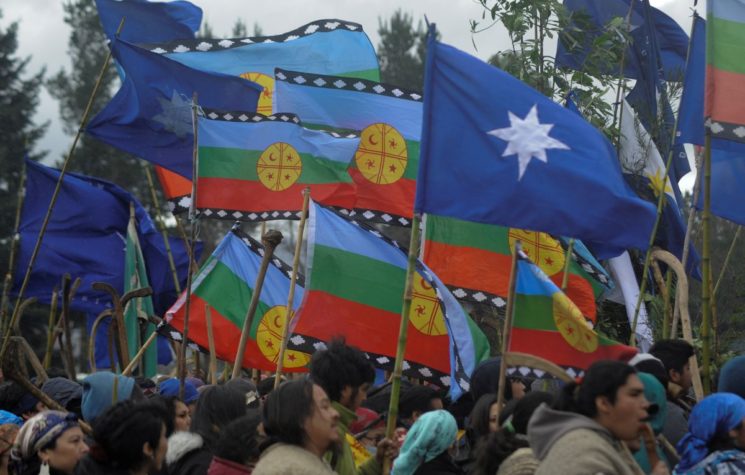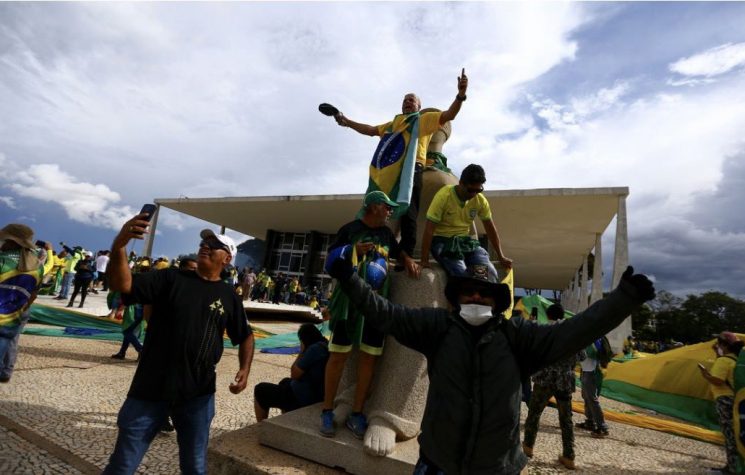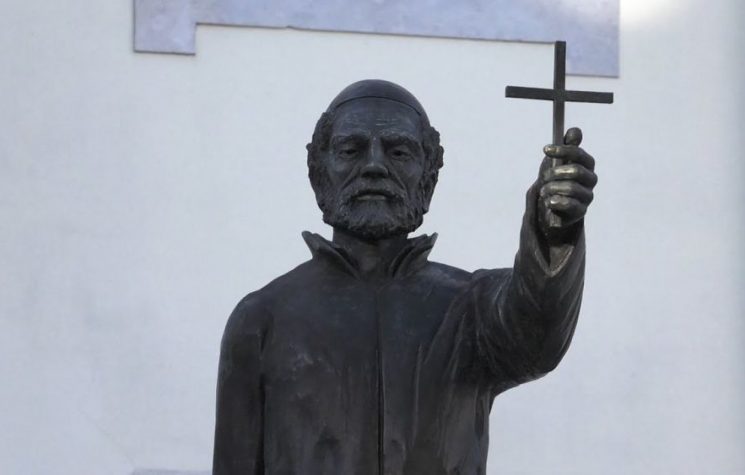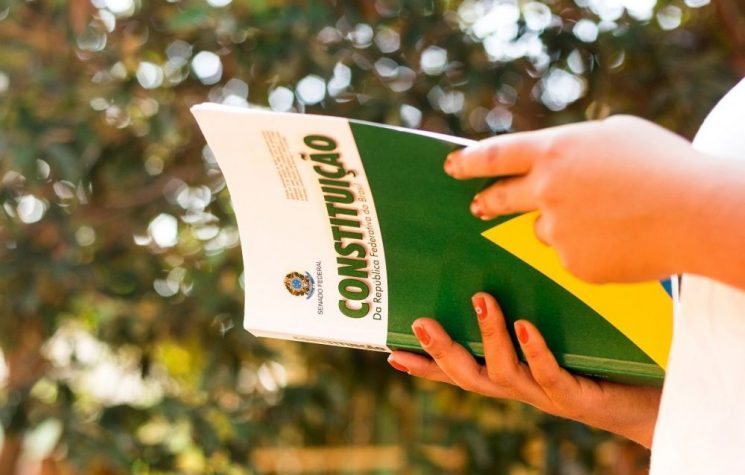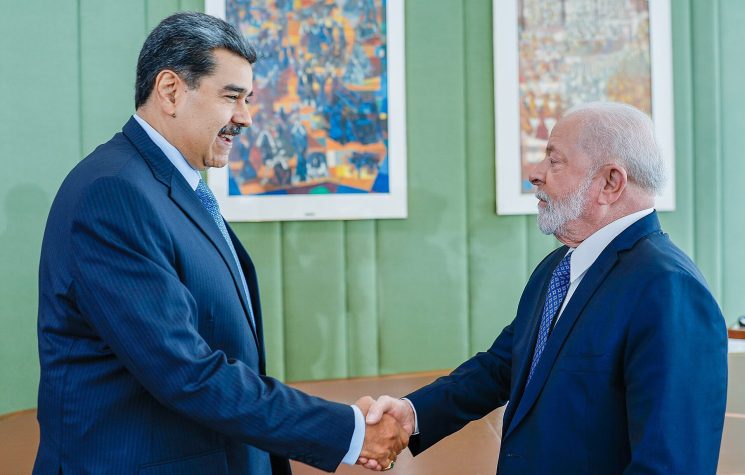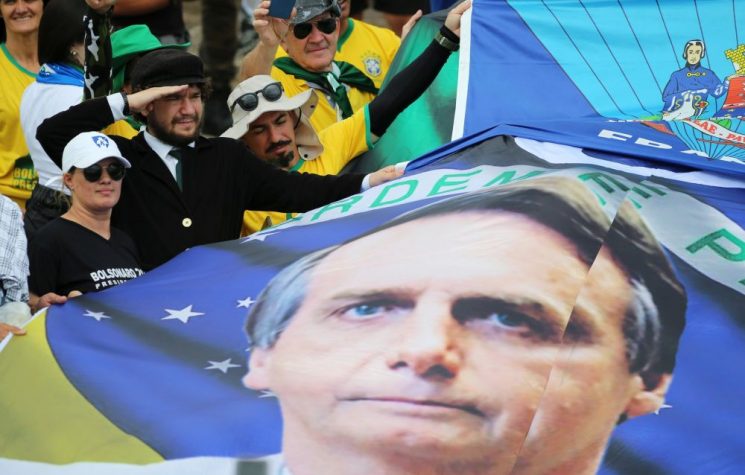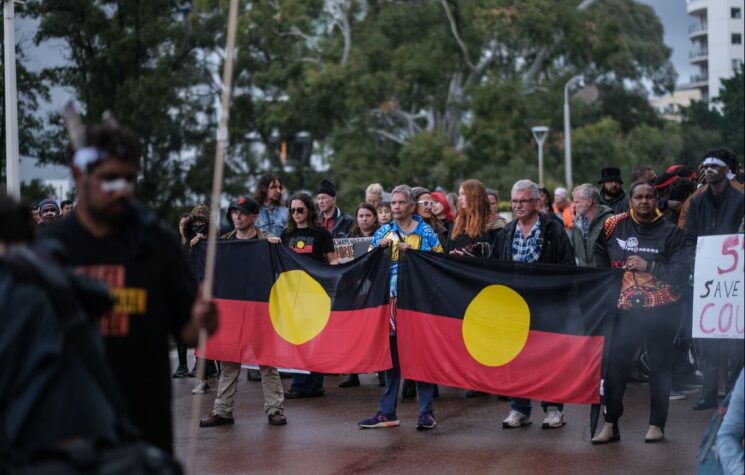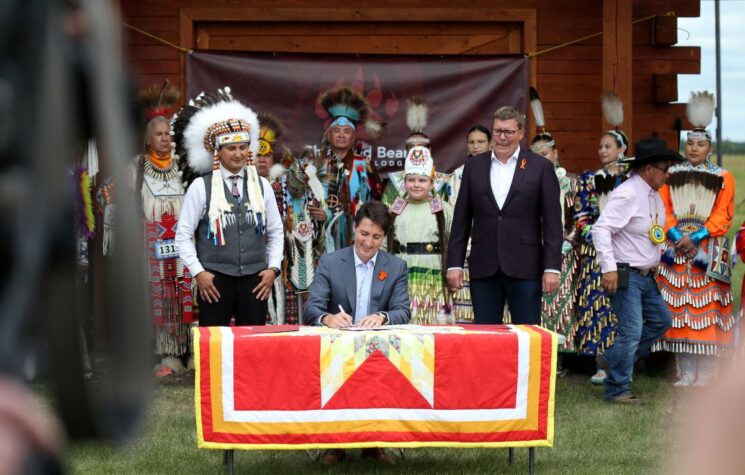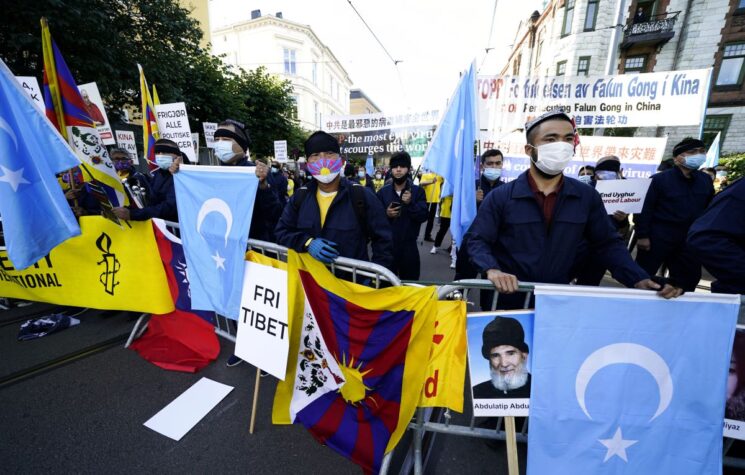Brazilian President Jair Bolsonaro continues to occupy international news headlines, for the wrong reasons as a result of exploitative politics. True to his word to open up Brazil to multinational companies, in particular the Amazon which he considers an untapped resource as yet, Bolsonaro has embarked upon a series of decisions which spell disaster for the environment and indigenous communities.
Since Bolsonaro took office in January 2019, the Amazon’s deforestation has been on the rise, with an increase of 25 per cent from January until June 2020. This comes after the devastating fires last year, which Bolsonaro repeatedly failed to tackle, while accusing non-governmental organisations and environmentalists of setting fire to the forest. Beneath Bolsonaro’s rhetoric, whose main interest is to usher in policies which are favourable to the U.S., the systematic targeting of the Amazon and indigenous communities is ongoing.
Bolsonaro’s threats are colonial in nature, drawing upon the earlier colonial massacres of native Indians but applying different tactics. Throughout his electoral campaign he repeatedly stated that there would be no more demarcation of indigenous territory and that indigenous communities would not be allowed to defend their territory.
Economic exploitation has become internationally acceptable despite the UN’s purported insistence upon sustainable development and the rights of indigenous communities; the latter decided by nations built upon colonial violence. Hence a chain of profit benefiting different sectors is the least likely to attract any international outrage. If any outrage ensures, which is doubtful, world leaders have long since dissociated between politics and the environment; the latter confined to activism which in turn is denied a platform except when it suits a temporary agenda.
Government officials have not been spared Bolsonaro’s wrath. Only three days after the increase in the Amazon’s deforestation was confirmed, the Brazilian president fired Lubia Vinhas, general coordinator of Brazil’s space agency, the National Earth Observation Institute (INPE). The slightest attempt as restoring political equilibrium in Brazil is manipulated as a threat by Bolsonaro who, in 2019 also fired INPE’s director Ricardo Galvão, again for highlighting the increasing deforestation.
Bolsonaro’s attempts to discredit scientists, environmentalists and indigenous leaders are juxtaposed against the increased military involvement. Last year, after refusing international help to combat the spreading fires in the Amazon, Bolsonaro ordered the military to step in, ostensibly to curb environmental destruction. However, with a government that leans heavily towards multinational corporations and which views indigenous tribes as a threat to profit, the move clearly protects government interests.
Additional criticism of Bolsonaro’s intrusion and destruction of life in the Amazon was voiced over the coronavirus pandemic, during which military incursions into the Amazon were ordered under the pretext of providing medical supplies and thus increasing the chances of contamination among the indigenous groups and uncontacted tribes. Furthermore, no action has been taken by the Brazilian government to remove a permanent threat of contagion – that of illegal gold miner squatters occupying indigenous lands.
Targeting the Amazon, in Bolsonaro’s politics, is targeting landownership. At an international level, Bolsonaro has manipulated the slightest criticism of Brazil’s environmental and indigenous policies. Those opposed to economic exploitation, in Bolsonaro’s words, “have insisted on treating and keeping our Indians as through they were real cave men.” Primarily, indigenous communities are not under anyone’s ownership, as Bolsonaro claims. It is the indigenous people’s ownership rights that ned to be legally protected and recognised. Additionally, the near-irreversible destruction of the environment needs to be looked at from an anti-colonial lens. The answer lies within the indigenous communities, in Brazil and worldwide, for it is these communities that have sustained the harmonious bonds between earth and people. Not world leaders, and definitely not the UN, which does nothing other than regulate the lie it created of purportedly protecting freedom and rights.











